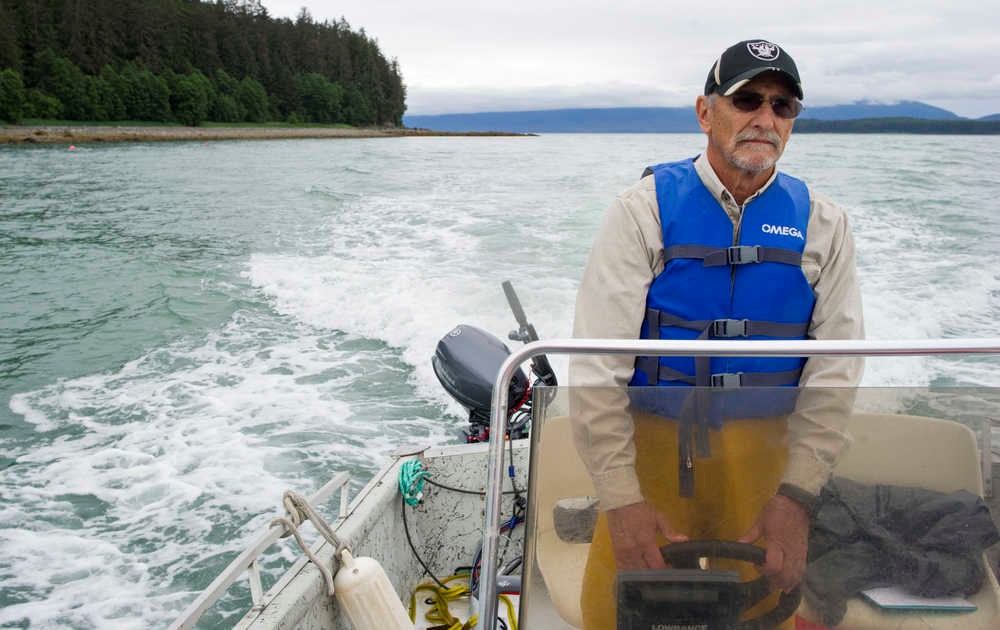Could Kelp Be The New Energy Source?

Kelp is making quite a splash these days. In a new research project, kelp could be entering the energy scene.
Mike Stekoll, professor emeritus of chemistry and biochemistry at the University of Alaska Southeast, has four decades of experience studying seaweed populations in Alaska. During this time, he has witnessed the evolution of a wide range of potential commercial applications for cultivated kelp, from food products to soil and feed additives on farms to the production of pharma- and nutraceuticals.
A recent $3 million grant from the U.S. Department of Energy has landed Stekoll in the middle of efforts to evaluate the commercialization of kelp species found in Alaska’s waters. Working with a consortium of academic institutions and the seaweed mariculture company Blue Evolution, Stekoll is overseeing the development of sugar kelp farms that could be used in biofuel production.
The development of large-scale kelp farms poses a variety of unique challenges, including the fact that the selectively bred and genetically modified crops common in farms on land are not allowed in the nearshore waters of Alaska. In addition, kelp crops can become untethered from their moorings during large storms.
The focus of Stekoll’s DOE-funded work is to demonstrate the feasibility of kelp production systems that can be scaled up to provide biomass in quantities necessary for commercially viable biofuel production. Stekoll currently has a 2.5-acre test farm in operation off Kodiak Island. Fifty-six 400-foot lines separated by approximately 5 feet anchor the kelp fields.
The early results from the test farm are promising, demonstrating the potential for storm-resistant scalable mass production of kelp biomass. This success and Stekoll’s concurrent research aimed at using genetics to select kelp strains that could boost mariculture production both point toward a bright future for kelp farming in Alaska.
For more information on this research, contact Mike Stekoll at msstekoll@alaska.edu.
Mike Stekoll is researching kelp as a biofuel. Photo courtesy of Juneau Empire.


